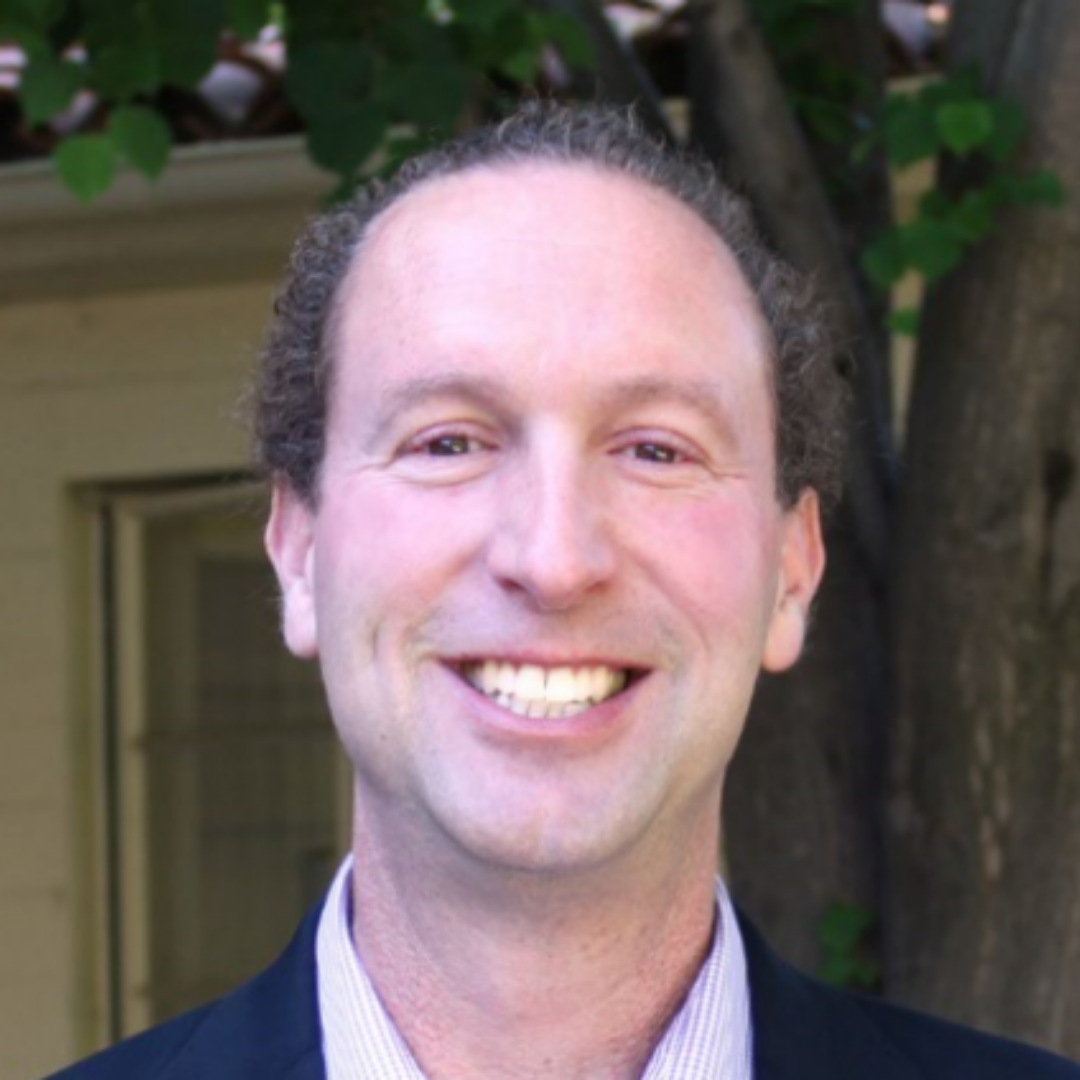Government grants for cleantech entrepreneurs at early technology readiness levels, e.g. TRL 1, basic research, and TRL 2, applied research, tend to be underutilized as many think these grants are primarily for PhDs and universities.
As a grant reviewer for CalSEED and CalTestBed, I know there are very capable cleantech concepts from individuals who avoid applying because they hold this common misconception around government grants.
How a welder won a CalSEED grant
Perigo Welding is a small business in a small town in the Central Valley of California that provides irrigation equipment to local farmers. The founder Steve Perigo has run this company for a few decades.
Steve was able to leverage a grant through the California Energy Commission’s CalSEED prototype grant program administered by New Energy Nexus to move from idea to prototype testing. Here is a brief rundown of how this seemingly unlikely cleantech solution has progressed and what it could mean for other nascent cleantech solutions that could come from untapped sources.
As venture development manager for Fresno State’s Water, Energy, and Technology (WET) Center, my job is to help cleantech entrepreneurs move their ideas through the technology readiness level (TRL) maturation cycle which spans basic research to ready for full-scale production. When Steve and I talked a few years ago, he had an idea to design and prototype a water-filtration system that he could sell to local farmers that would use less than half of the energy used by existing water-filtration systems. Farmers who use irrigation for their crops need to filter that water for a number of reasons. The filtering process takes a lot of energy and costs farmers a significant amount of money—a cost they cannot avoid but would love to as they would sometimes quip at Steve.
It is about finding problems, not your educational background
During my discussion with Steve about his highly energy-efficient water-filtration system for farm irrigation, he noted that with slim operating margins from his business and the inability to secure debt financing for a prototype, he was hamstrung in moving forward with this concept that could save farmers money and our community a lot of energy. So, I let Steve know about a funding program for cleantech startups that was new at the time called CalSEED where grant awardees are reimbursed up to $150,000 to take a cleantech concept from applied research to testing with an opportunity to be awarded a second round of funding of up to $450,000.
Cleantech grants are not reserved only for PhDs and universities
Steve applied for a CalSEED grant even though he had never before applied for an R&D grant. As a judge for the CalSEED grant program, I was able to see Steve’s application not only hold up against a lot of other grant applications from more metropolitan areas and from entrepreneurs with more prominent cleantech scientific and educational credentials, but his application earned the highest score of that cohort. (And, no, I was not able to vote on his application.)
As a result of the CalSEED funding, Steve and his team have designed, built, and tested this water-filtration prototype that uses less than 50 percent of the energy used by current options. Steve hopes he soon has a valuable product solution for the farmers he serves who would love to reduce their energy bills.
There is a perception issue around cleantech grants, leaving funds underutilized
Not nearly enough entrepreneurs are aware grant funding opportunities exist for anyone willing to put in the work and to take on the risk, regardless of their university or educational background. Thankfully, funding from the California Energy Commission (CEC) through programs such as CalSEED and CalTestBed allows entrepreneurs significantly more access to grant funds where a welder in a rural community, as noted here, can develop cleantech solutions that help us meet our energy goals.
About The Author

Jeff Macon is the venture development manager at Fresno State’s Water, Energy, and Technology (WET) Center where he supports the technology commercialization and business development of ventures providing solutions to Californians and communities beyond.

